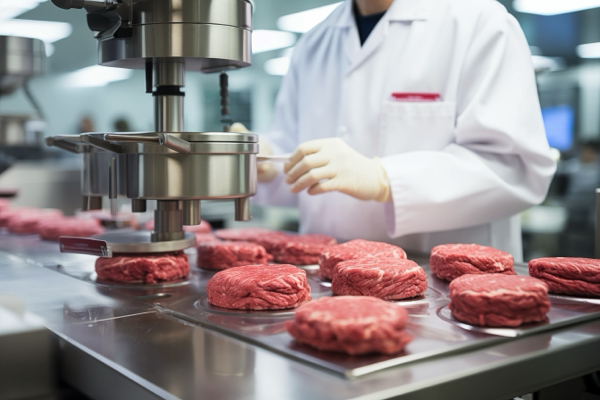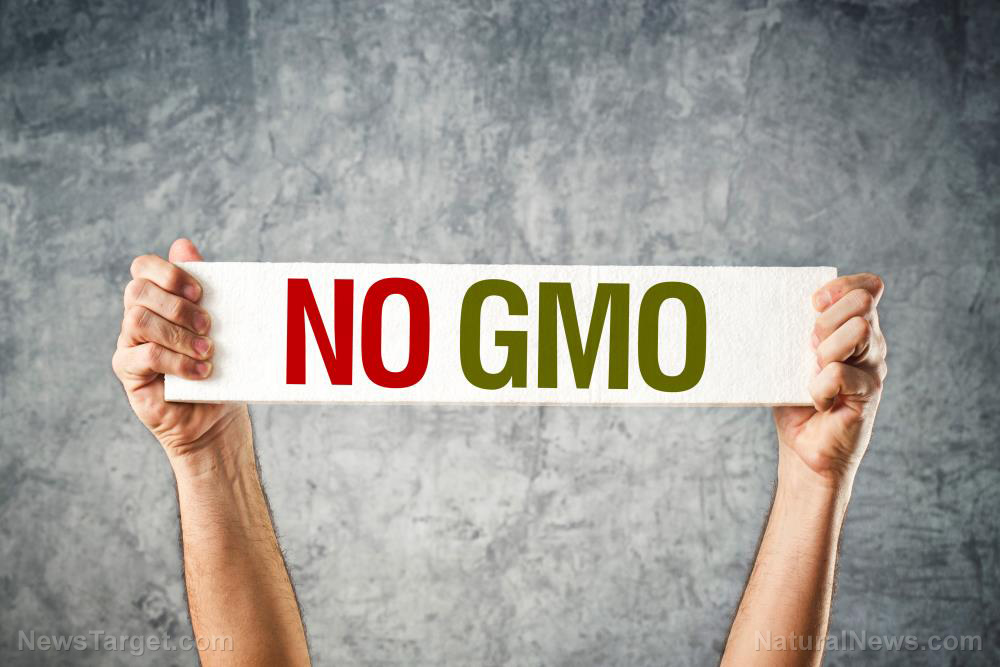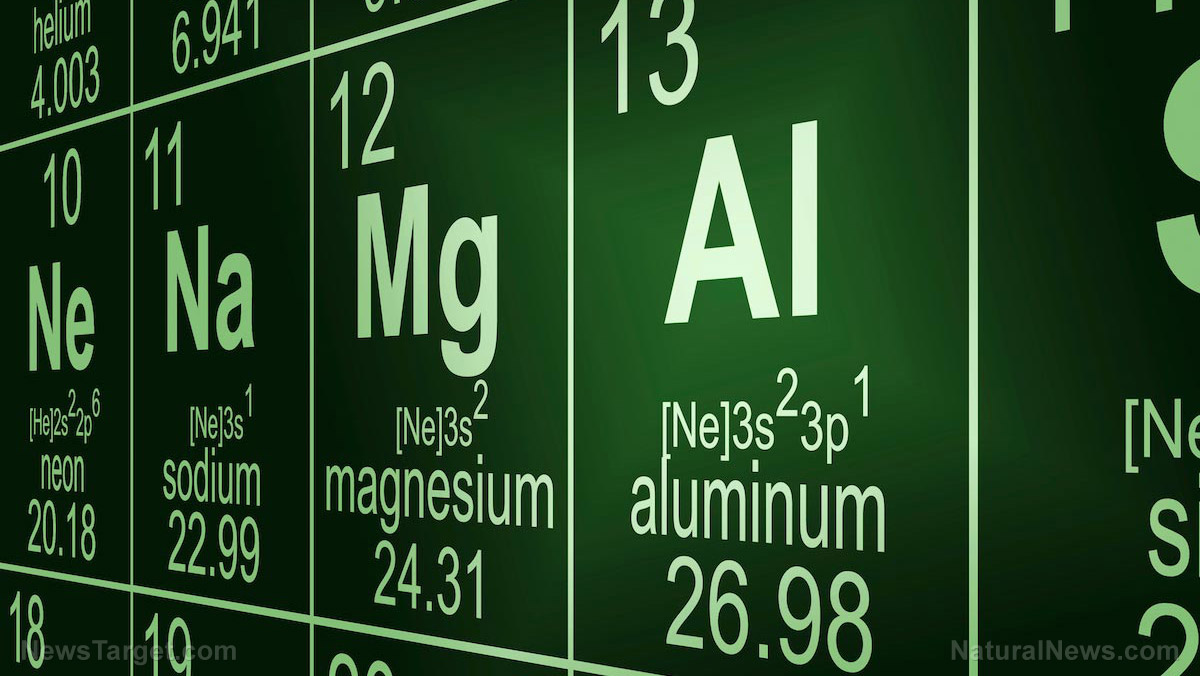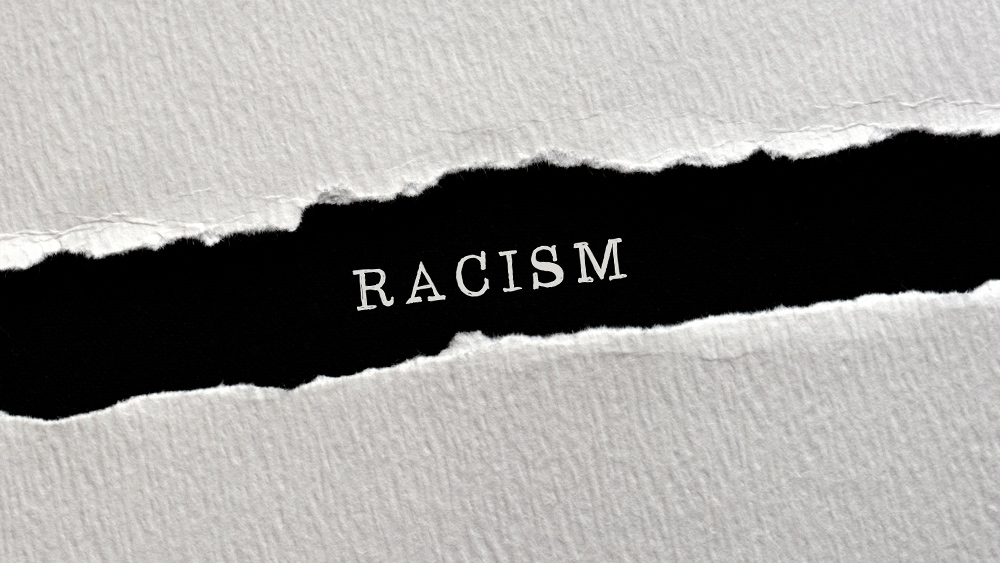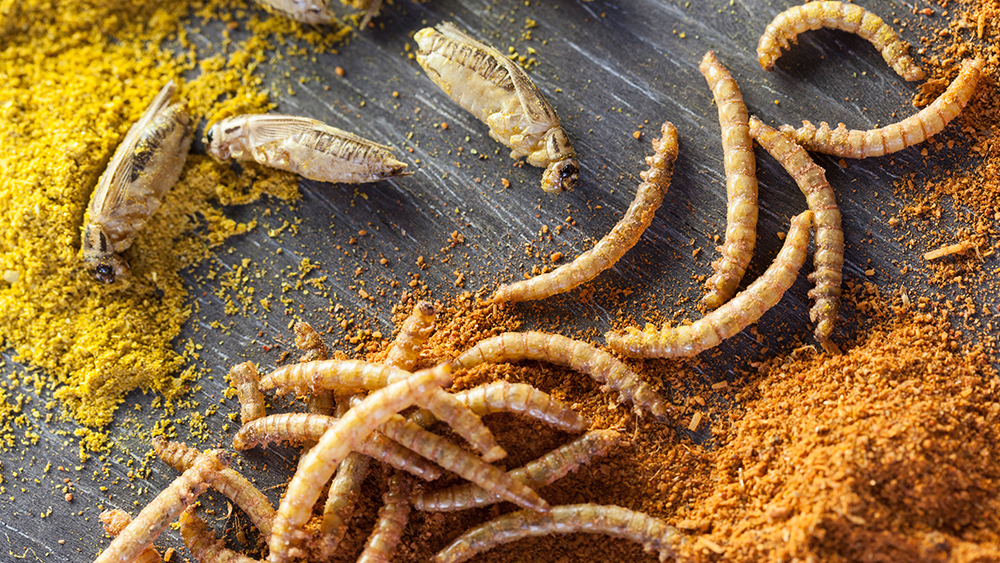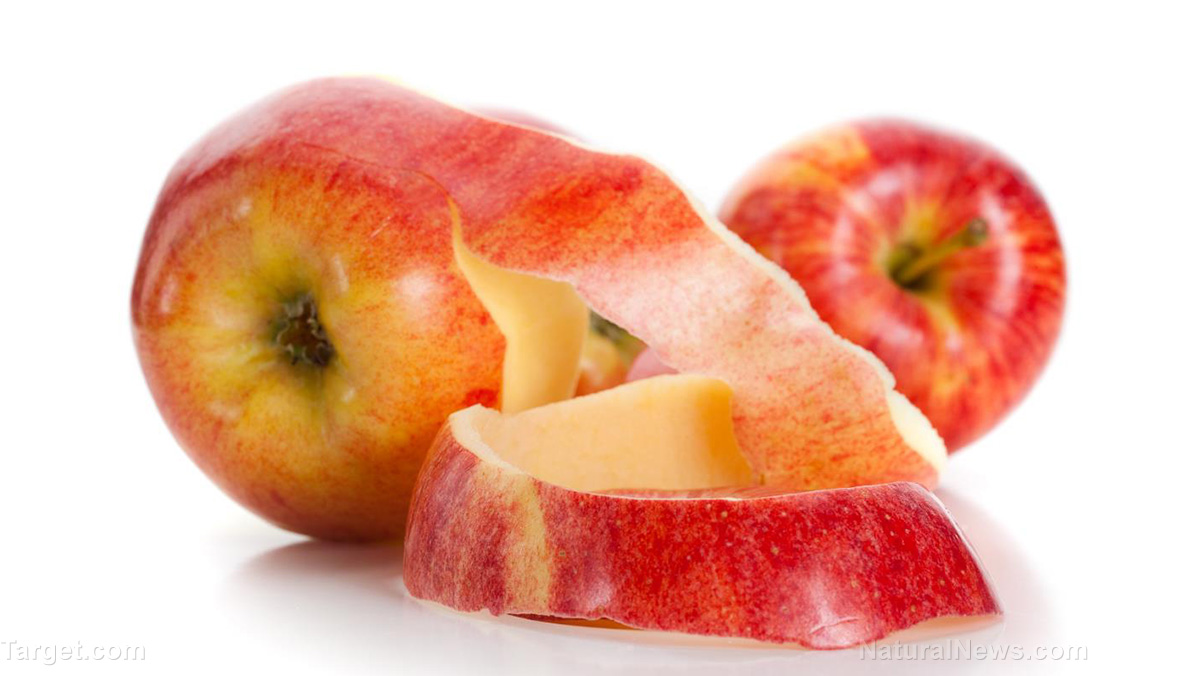U.S. approves more FRAKENFOOD: Controversial genetically modified wheat grown using dangerous neurotoxin
10/01/2024 / By Cassie B.

In more bad news for the rapidly declining quality of the American diet, the U.S. Department of Agriculture has given its stamp of approval to genetically modified wheat.
That’s right: there is going to be yet another Frankenfood you’ll have to go out of your way to avoid, and when it’s something as ubiquitous as wheat, you’re going to need some excellent label reading and interpreting skills given how hard food companies try to obscure the true nature of the ingredients they use.
The Argentinean firm Bioceres and the French multinational Florimond Deprez are behind the planet’s first GM wheat. They grow it using an agrotoxin known as glufosinate ammonium that is so dangerous that the European Union has banned it.
However, the media – likely at the behest of their BigAg sponsors – has characterized the approval as a “milestone” for national agriculture.
On X, Bioceres boasted: “The HB4 wheat crop has reached the US. HB4 technology is the only drought-tolerant technology in the world, and this new approval shows that Argentine science continues to lead the way in finding solutions to major global challenges.”
While some insiders have suggested that the wheat will still need to undergo field trials before it makes its way to our tables, the fact that the USDA is so willing to place the interests of agribusinesses over those of human health does not bode well for any of us.
What could possibly go wrong?
There are a lot of reasons we should be worried. The first is that there is no evidence demonstrating the safety of the wheat for human health and the environment. Sound familiar? There was no evidence of the long-term safety of COVID-19 vaccines, either, yet authorities insisted they were safe. Ask one of the countless people who are now suffering irreversible damage from the jabs if they’d be willing to trust the USDA on this.
The approval process in Argentina doesn’t inspire much confidence, either. In fact, the regulator in charge of approving GM foods in Argentina, the National Commission on Biotechnology (Conabia) is actually dominated by businesses that sell GMOs, according to The Defender, noting that “the same people who submit the authorization requests are the ones who vote in favor of authorizing them.”
Even if they were somehow being impartial about this, the country does not conduct independent studies of its own when issuing GMO approvals. The studies provided by the companies are kept confidential, so we’ll never know what they say, and independent scientists haven’t had a chance to scrutinize them.
What we do know, however, is that a group of more than 1,000 scientists from the Argentinean government agency the National Scientific and Technical Research Council and dozens of universities have already denounced the risks of GM flour and wheat.
This opinion is shared by organizations across Latin America, Asia and Africa, who issued a 14-page document detailing the dangers of GM wheat to food, the environment and human health and asking the UN to intervene on behalf the world’s population.
Some of the top buyers of American wheat, including Japan, the Philippines and Mexico, have not approved this type of wheat, and they may be hesitant to continue trading if there is a risk of genetically modified wheat mixing with the conventional variety in bulk shipments.
One German trader told Reuters: “The GMO issue has declined into a sort of quiet stalemate in recent years. But the refusal to accept GMOs in many importing regions, especially Europe and Asia, has not weakened.”
It’s hard to imagine a world where our daily bread could be a source of danger rather than sustenance, but that’s the reality of life in 2024.
Sources for this article include:
Submit a correction >>
Tagged Under:
agriculture, big government, biotechnology, clean food watch, corruption, crops, Dangerous, disease causes, Food Evolution, food science, food supply, frakenfood, genetic lunacy, GM wheat, GMOs, Neurotoxin, poison, stop eating poison, toxic ingredients, toxins, USDA, wheat wars
This article may contain statements that reflect the opinion of the author
RECENT NEWS & ARTICLES
StopEatingPoison.com is a fact-based public education website published by Stop Eating Poison Features, LLC.
All content copyright © 2018 by Stop Eating Poison Features, LLC.
Contact Us with Tips or Corrections
All trademarks, registered trademarks and servicemarks mentioned on this site are the property of their respective owners.




